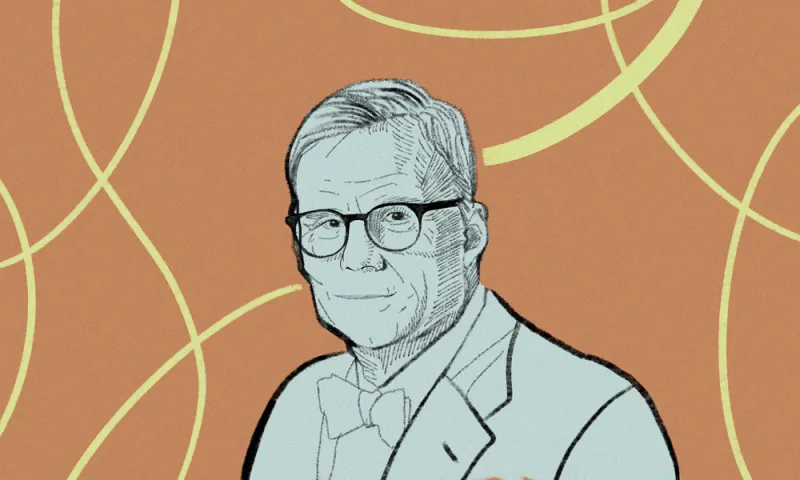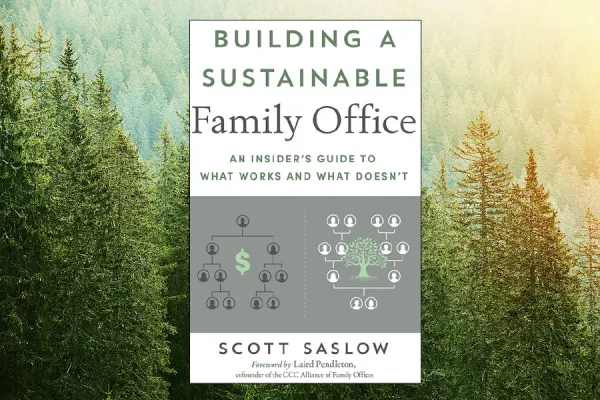Longtime chief investment officer Ashbel Williams may have left the building, but the investment and talent decisions that he made at the Florida State Board of Administration are still paying off.
Florida SBA announced Williams’s retirement from the $250 billion institution in late September, hinting that he wouldn’t be gone from the industry for good. While Williams is still figuring out where he’ll land next, he reflected on his time at SBA in an interview with Institutional Investor, held ahead of the II Festival where he will be honored for his work.
According to Williams, one of his biggest accomplishments at SBA took nearly six years to implement: improved employee pay. When Williams joined SBA as its CIO in 2008, the fund’s compensation was in the lowest quartile in the industry, despite the fact that SBA was one of the nation’s largest funds. Low compensation led to high turnover, leaving SBA with an ongoing talent drain.
“It didn't make any sense — [you] just can't run a tight ship if you don't have the right crew,” Williams said. “And if you’re not paying the crew, guess what? [The] best crewmen are all going to go to work on ships where they can get paid.”
So Williams and the SBA board worked to improve employee compensation, structuring it as a private investment firm would. Williams counts this as one of his major achievements: Better pay allowed the organization to develop its workforce and improve talent accordingly.
In his last year and a half at the fund, Williams made some big moves that have since been fruitful for SBA. When the pandemic began to unfold, there was quite a bit of uncertainty surrounding the real estate industry. Real estate investment trusts, in particular, were hit hard due to investors’ concerns that people would be unable to pay rents, and because of the asset category’s exposure to equity beta.
“You had this double whammy depressing REIT prices,” Williams recalled, adding that his team at SBA believed that the industry wouldn’t remain under the pressure that REIT prices were suggesting. So SBA, flush with liquidity at the time, contacted one of its partners to make some aggressive REIT buys. “At the time, we said chances are [good that] we're going to do pretty well in the next couple years on this,” Williams said. “That's exactly the way it worked out.”
Even after Williams’s departure, his investment decisions have had a big impact on the fund. One in particular — a 2010 general partner stake in private equity firm Lexington Partners — also recently paid off.
According to Williams, SBA had already invested in some of Lexington’s funds. Following the financial crisis, the firm was looking to expand but needed capital to do it. As a long-time partner, SBA was willing to structure a deal that involved taking control of 9.9 percent of Lexington’s business, according to Williams. “It was a tough time for a lot of people,” he said. “And to do a transaction like that in those days, not many people were doing that.”
Years later, in November 2021, just a week before Williams spoke with Institutional Investor, Franklin Templeton announced that it had entered into an agreement to buy the firm for $1.75 billion. “Our piece of that turned out to be a very, very generous multiple of what we had originally invested, in addition to all of the interim distributions we’ve had over that equity ownership in the ensuing years,” Wiliams said.
While Williams had big plans for his retirement from SBA, a prostate cancer diagnosis that required surgery soon after his last official day with the fund put his life on hold.
“I almost felt like I left in a hurry, like someone who finds out their house is on fire,” he said. “[You] grab what [you] can and get out the door.” Post-op, Williams’s outlook is good — the cancer is largely dealt with, and he believes that he’s now “out of the woods.”
He hopes to remain engaged with the investment industry, perhaps on the private side. “I’ve always found the investment field to be extremely satisfying,” Williams said. “They say history doesn’t necessarily repeat, but it rhymes. I think the investment world is very similar to that, and I think cumulative knowledge is valuable for that reason.”







